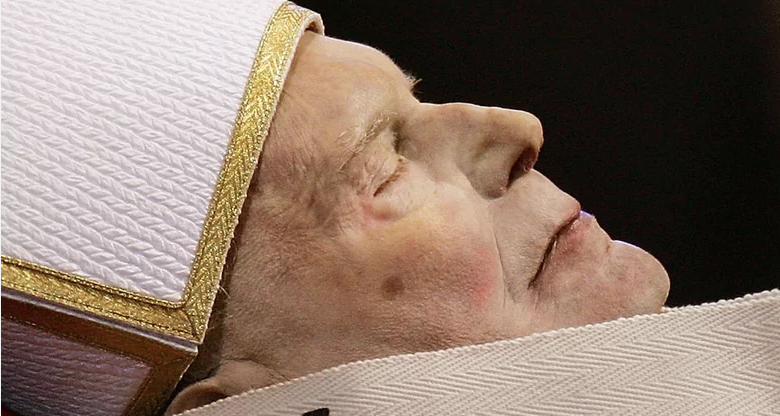
Funerals are sobering because each one is a “wake-up” call to remind us we will all “fall asleep.” And that sleep will fall upon us sooner than we tend to think.
Most people understand perfectly well what we mean by “falling asleep in death.” And when the Bible describes death in terms of “sleep,” most people don’t read too much into it.
But some do.
“Soul sleep”
For close to 30 years in Armstongism, I was taught that the reason the Bible frequently describes death as “sleep” is to indicate that our souls will be utterly out of commission, turned off and tuned out, devoid of all awareness. Death was compared to being in a deep, dark sleep, unconscious and unaware of the passage of time – the kind of sleep where, upon waking, a long night feels like a mere moment or a hard blink.
But is it true?
I didn’t question this in my youth, but now I see the fallacy of that conclusion.
Sleep is a useful metaphor. But it can be taken way too far, stretched to mean something the biblical writers never intended it to mean. COGs and Jehovah’s Witnesses and some others insist death is like shutting down, going all-out dark, like undergoing general anesthesia for a surgery.
Sleep is not always like that, however. There are many light sleepers. There are tossers-and-turners. Everyone who sleeps also dreams. Some people sleep walk and sleep talk. Some of us suffer a sore neck or back in our sleep. Unfortunately for married couples, snoring or gasping are not uncommon. Our bodies are actually repairing themselves during sleep.
So does the Bible’s use of “sleep” mean that the dead are easily and frequently awakened? That they tend to roll around, have lots of dreams, and wake up with sore joints? Does the Bible teach a “snoring of the dead” doctrine?
In what sense is death most like sleep?
The meaning behind the metaphor
The plain answer is that death is likened to sleep because the dead are lying down and not doing anything. They’re not getting up to make a living, to play, to prepare food, or to make business deals – all the normal things people do under the sun. They’re in their resting place, where their bodies have ceased from their labors. Lying down, eyes closed, not talking, perhaps with their hands folded, it’s as if they’re sleeping. “Taking a dirt nap” is not a bad euphemism.
So why is death called “sleep”? A picture is worth a thousand words: Look again at the top of this post to see a picture from Pope John Paul II’s funeral. Just look. That is why death is described as sleep. No further explanation is required to explain the metaphor.
Even when the most experienced doctor examines a body to declare whether someone is dead, all he can inspect is the body. He has no access or insight into the person’s non-material soul. He doesn’t have the means to scientifically discover whether it somehow survives the body. Science can only deal with the physical.
Just as we can’t see another person’s soul or spirit while they are alive (only its effects and interactions with the body), neither can we see it when they’re dead.
Conclusion
The existence of an immortal soul is neither proved nor disproved by a metaphor – and not even science. For real proof, we must use the right tools: sound philosophy, good biblical theology, true reason. And of course it helps to have recourse to the deposit of Faith once-for-all delivered to the saints (Jude 3).
Perhaps in some later post, we can review COGs’ favorite go-to verses in Ecclesiastes and the Psalms, which they claim are clear proofs that the dead have no conscious awareness, have no memory, and are unable to praise God.